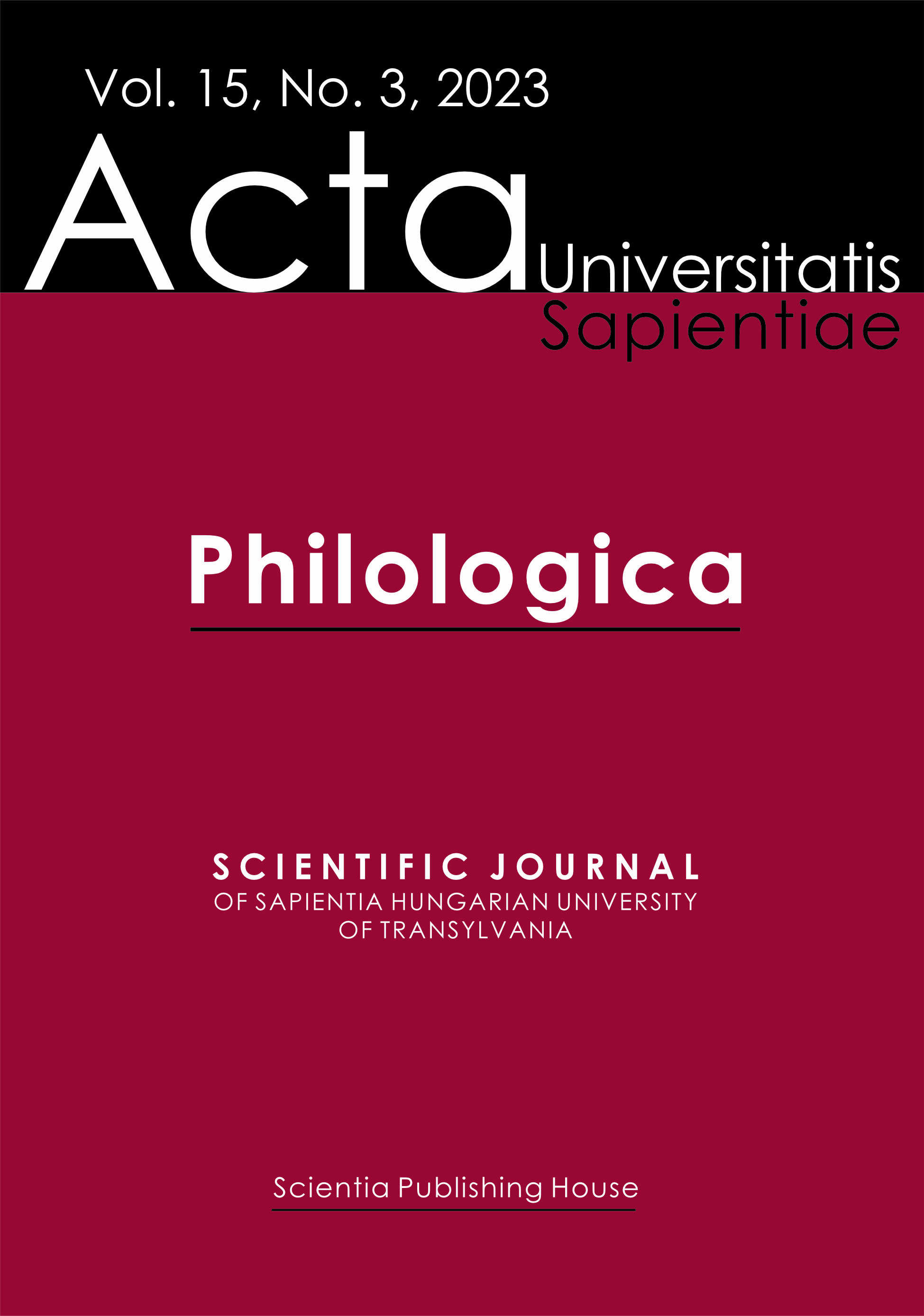Deprecatory Ethnonyms: The Case of Bozgor
Deprecatory Ethnonyms: The Case of Bozgor
Author(s): Imola Katalin NagySubject(s): Descriptive linguistics
Published by: Scientia Kiadó
Keywords: bozgor; ethnic slur; etymology; meaning; Romanian; Hungarian;
Summary/Abstract: In this study, we wish to debate upon some aspects regarding the lexical and semantic implications of ethnonyms. We aim to analyse the origin and semantics of one of two lexemes used by Romanians to refer to Hungarians: bozgor. Besides a meta-analysis of the term (its emergence, meaning), we also refer to archaic usages and meanings (buzguroi, bozga, bozga, bâzga, etc.). We discard previous theories regarding the meaning and origin of the lexeme. Bozgor is a word that is considered an instance of verbal abuse, mockery, or insult, which displays a significant amount of collectively formed, pejorative connotation. Our hypothesis is that it comes from the Hungarian bodza, in its archaic form and meaning (‘border forest’). Bozgor in its earlier versions came to designate, through semantic extension, ‘inhabitant of the border forest’, ‘Hungarian’. The associative meanings which led to the emergence of its present pejorative status (as an ethnic slur) appeared later. The roots we analyse in the article all share a common denominator of meaning and all have led to a large number of words related to the semantic field of forest both in Romanian and in Hungarian.
Journal: Acta Universitatis Sapientiae, Philologica
- Issue Year: 15/2023
- Issue No: 3
- Page Range: 55-85
- Page Count: 31
- Language: English

